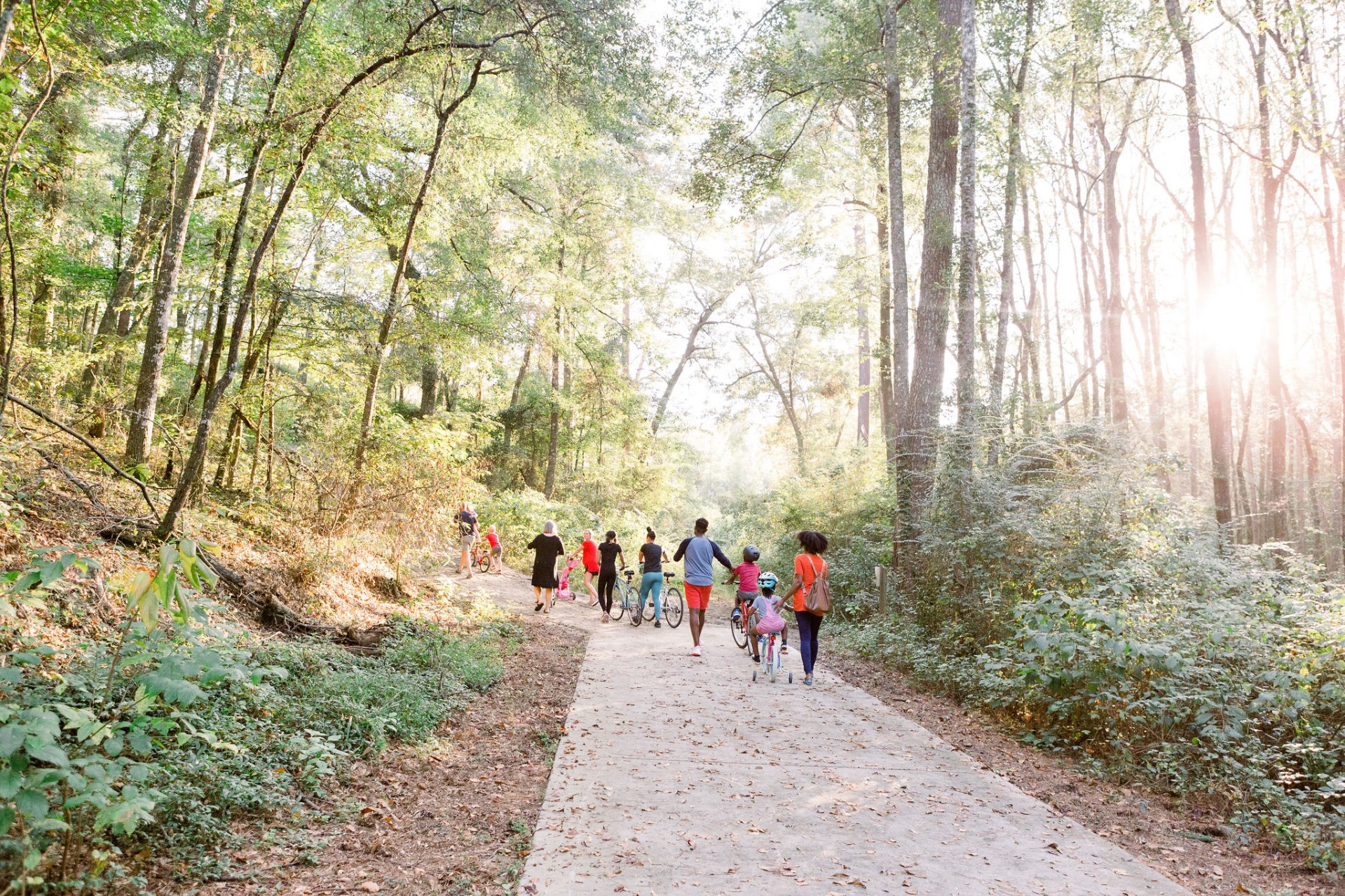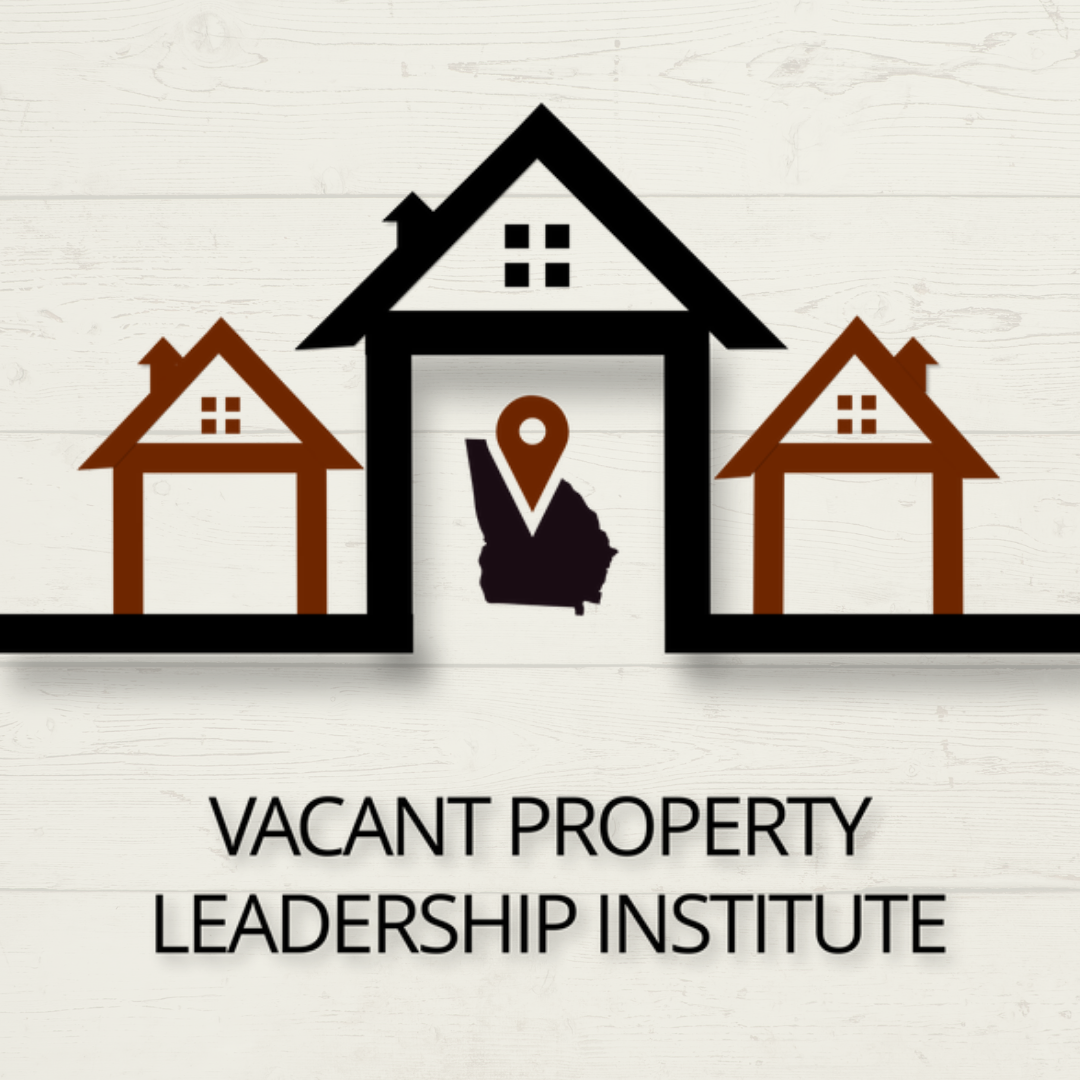Perry Selected to Tackle Vacant Properties at Leadership Institute
The City of Perry is one of twelve cities across four states that will participate in the 2022 Vacant Property Leadership Institute (VPLI), a training program focused on equipping leaders with the skills to address vacant, abandoned, and deteriorated properties for the benefit of their communities. The VPLI is a joint initiative of the Center of Community Progress and National League of Cities with support from the Wells Fargo Foundation.
Delegations from College Park, GA; Perry, GA; South Fulton, GA; Chicago, IL; Decatur, IL; Kankakee, IL; Peoria, IL; Rockford, IL; Louisville, KY; Winchester, KY; Milwaukee, WI; Racine, WI were selected through a competitive, two-round application process.
VPLI sessions will address how to define equitable development practices to remedy vacancy, abandonment, and deterioration and return buildings and land to productive use. Some of the strategies to be explored include data and market analysis, delinquent tax enforcement reform, strategic code enforcement, land banking, and more.
Perry Councilmember Phyllis Bynum-Grace commented, “As a representative for the City of Perry, I am excited to be a part of addressing the vacant, abandoned and deteriorated properties in our community. I believe VPLI is the steppingstone needed to get ahead of this problem. The program is much needed to make our streets safer and cleaner.”
Perry is committed to eradicate vacant and abandoned properties that are commonly linked to increased rates of crime and declining property values. The maintenance or demolition of vacant properties is an expense for many cities. The City of Perry strives to remain a place where citizens feel safe and know their city government is on top of blight in the community.
The selected cities include rural, suburban, and urban communities and range in population from just over 14,000 to over 2.7 million. They also face similar challenges such as faulty mortgage foreclosure processes, tax delinquency, ineffective property maintenance systems, and other property issues. Perry was selected for VPLI because it demonstrates strong leadership, is committed to developing new solutions, and represents a unique opportunity to shift the systems responsible for vacant, abandoned, and other problem properties.
VPLI sessions will address how to operationalize equitable development practices to remedy vacancy, abandonment, and deterioration (VAD) and return buildings and land to productive use. Some of the strategies to be explored include data and market analysis, delinquent tax enforcement reform, strategic code enforcement, land banking, and more.
“NLC is proud to partner with the Center for Community Progress to support twelve cities in the development of equitable neighborhood development strategies,” said Clarence Anthony, CEO and Executive Director of the National League of Cities. “The Vacant Property Leadership Institute will serve as a unique opportunity for the participating cities to learn sustainable strategies that are centered in racial equity and contribute to the eradication of inequities within local infrastructure.”
“Prior to the COVID-19 pandemic, communities across the country were already faced with daunting challenges in regard to vacant properties and their associated outcomes.” said Dr. Akilah Watkins, President and CEO of Community Progress. “The twelve cities selected to participate in the Leadership Institute each represent a unique opportunity to advance strategies for addressing vacancy in ways which are efficient, effective, and center racial equity. We are excited to provide them free educational programming and tailored technical assistance as they begin the long road to recovery.”
The Vacant Property Leadership institute combines Community Progress’ leading national expertise in helping communities develop efficient, effective, and equitable solutions to vacancy and abandonment with NLC’s longstanding history serving the interests of 19,000 cities, towns and villages in the US to build strong communities by expanding capacity, providing in-depth research and tools, and developing and implementing on-the-ground solutions.
Learn more about this program on the Center for Community Progress website.
###

